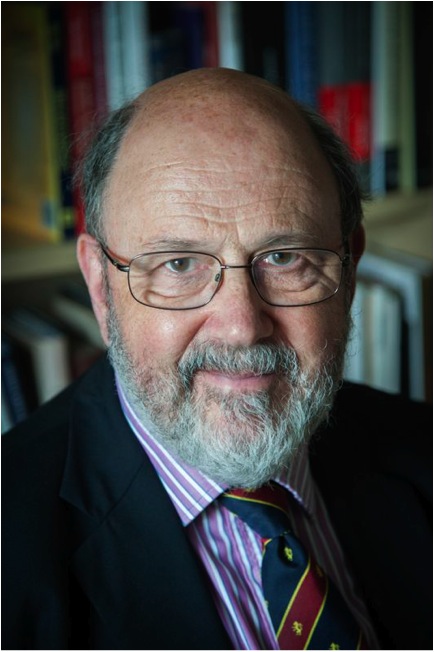
In an interview with Jonathan Merritt, senior columnist for Religion News Service, NT Wright, hailed by Newsweek as "the world's leading New Testament scholar," stated his position on several most controversial issues within the Church: sexuality, science, and gender. The interview is a follow up to Merritt's first discussion with Wright, covering the nature of the Bible and Wright's views on 'inerrancy.'
The interview coincides with the today's release of Wright's newest book Surprised By Scripture which covers these topics, among others.
Sexuality
Although Wright does not explicitly address sexuality in the book, Merritt asked him how his view of Scripture "informs the sexuality debates today." In response, Wright begins by clarifying that monogamous, lifelong same-sex relationships have been around since the ancient world. After making this clarification, Wright affirms the "traditional Jewish standards of sexual behavior" set forth by Jesus and the apostle Paul, a counter-intuitive "new-creation lifestyle for those 'in Christ'" both then and now.
But Wright takes the topic a bit further, emphasizing his desire not to turn the Bible into an ethical handbook. Instead, the Bible is "the story of how the Creator is rescuing and restoring the whole creation, with his rescue and restoration of humans at the heart of it." Although the Bible does contain ethical stances, Wright urges followers of Christ to ask the same question as Paul: "This new creation God has launched in Jesus - what does it look like, and how can we live well as genuine humans, as both a sign and means of that renewal?"
Science
Merritt also address the topic of science and evolution with Wright, asking "Do you think American evangelicals have created a false choice between what they believe the Bible says and the dominant views of modern science?" Wright begins by lamenting the fact that "many have been taught that there is a straight choice: either biblical Christianity or Darwinian evolution." The prevalence of this type of thinking can be seen in the popularity of modern "Christian versus scientist" debates such as the recent Ken Ham versus Bill Nye debate on the topic of evolution versus creationism.
Wright goes on to say that advocates of this either-or approach have been influenced by Epicureanism and Deism, placing a hard line between God and the material world. In a 2011 video hosted on YouTube, Wright claims that the Church has adopted the same philosophical framework as the culture at large, leading it to see Christianity as a "means of escape" from this world. According to Wright, "we need to relocate the question (evolution versus creation) within this much larger understanding of where our country has been and where it might now be going.
Gender
In the interview, Merritt also brings up the topic of gender equality by asking about the chapter titled "A Biblical Case for Ordaining Women." Wright asserts that Galatians 3:28 is a key passage in understanding the Bible's views on gender, one that has been misinterpreted. Far from saying that there is no difference between men and women, Wright asserts that Paul is addressing the gender issue in the same way that he addresses the Jew and Gentile distinction. Wright says, "In terms of membership in God's people, they (differences between men and women) are irrelevant." He goes on to say that Paul seems to be saying that men and women "need to be aware of the particular challenges and dangers of their position."
Accomodating Changes in the Culture?
In another interview on Surprised by Scripture with Brandan Robertson, author of the blog Revangelical, Wright deals with the potential critique that his views are "accomodating changes in the culture" by saying "It's the other way around. We have allowed our cultural prejudices, especially as post-enlightenment westerners, to squash our reading of the Bible in demonstrable ways so that we can no longer hear what it's saying." Later he says, "We need to study Paul's speech in Acts 17, figure out what he was doing there, and then figure out how to do the same in our own culture."














